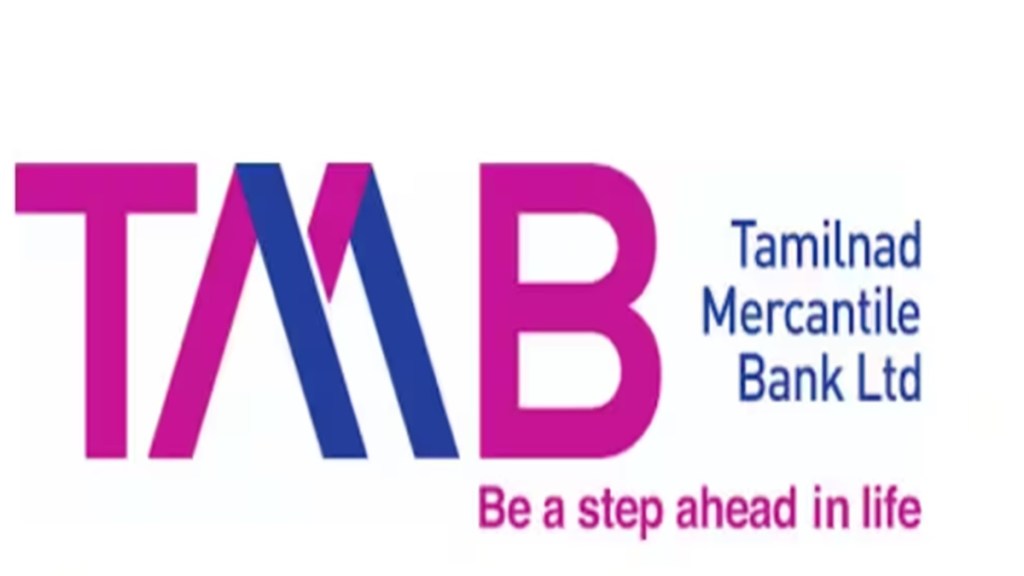S Krishnan, MD & CEO of private sector lender, Tamilnad Mercantile Bank (TMB), on Thursday resigned from his post, citing personal reasons.
The board of directors of the bank has accepted the resignation of Krishnan and forwarded the same to the Reserve Bank for the banking regulator’s advice.
TMB, in a regulatory filing to stock exchanges, said that he will continue to be the MD&CEO, till the bank receives advice from the Reserve Bank.
Krishnan was appointed as MD & CEO in September 2022 for three years.
In his resignation letter to the board of the bank, Krishnan said it has been about thirteen months since he joined the bank.
In these times, they have taken various measures to fortify the bank and make it future ready.
These include business process engineering, digital transformation, strengthening of the systems and procedures to make it more robust, enhancing the skill sets, strengthening the risk matrix and imbibing the compliance culture.
“With these various measures taken, I am sure that the bank will reap the fruit sooner than later.
Though I still have about two third of term to go, due to personal reasons, I have decided to resign as MD & CEO of the bank.
“However, in as much as the bank has only one whole time director, I will seek the guidance of RBI in this regard,” Krishnan said.
TMB had reported a 11.5% rise in its net profit at Rs 261 crore for the first quarter of FY24 as compared to Rs 234 crore in the corresponding quarter of last fiscal owing to increase in interest income and drop in bad assets.
Total income of the bank stood at Rs 1,323 crore as compared to Rs 1,142 crore, registering a growth of around 16%.
The total business of the bank stood at Rs 84,300 crore, as against Rs 77,056 crore, logging an increase of 9.40%.
The deposits clocked a growth of 8.73% at Rs 47,008 crore as compared to Rs 43,233 crore while advances stood at Rs 37, 292 crore as compared to Rs 33,823crore, posting a growth of 10.26%.
TMB has been giving continued thrust on advances to priority sectors like agriculture, MSME, education and housing constituting 75% of its ANBC, above the regulatory requirement of 40%.
The advances to priority sector has increased to Rs 27,805 crore (Rs 24,839 crore) with a growth of 12%.

